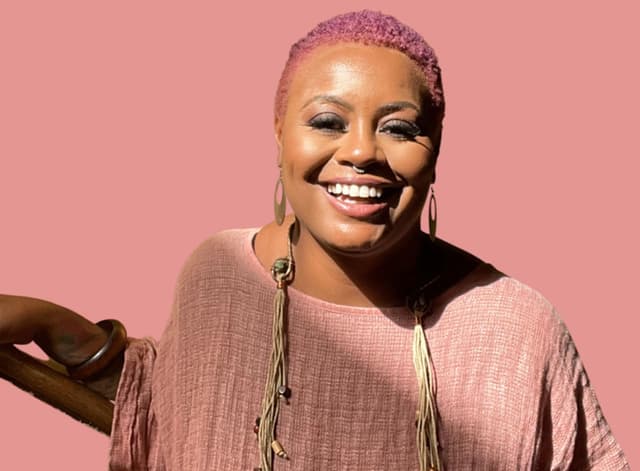Podcast

Goddess Amina and the Politics of Pleasure
March 7, 2022
We welcome sex doula, intimacy coach, and somatic bodyworker Goddess Amina to the POV Podcast to shift the focus from capital to pleasure, sexuality and the body.

We welcome sex doula, intimacy coach, and somatic bodyworker Goddess Amina to the POV Podcast to shift the focus from capital to pleasure, sexuality and the body.